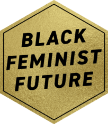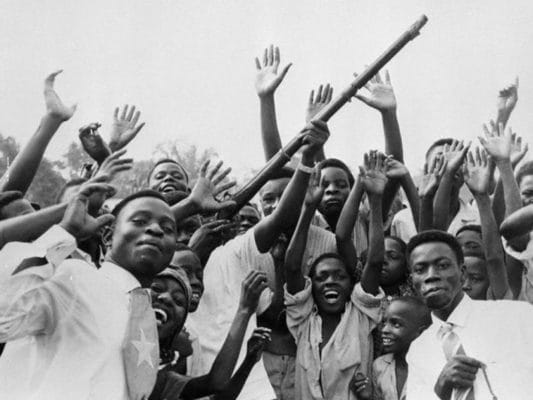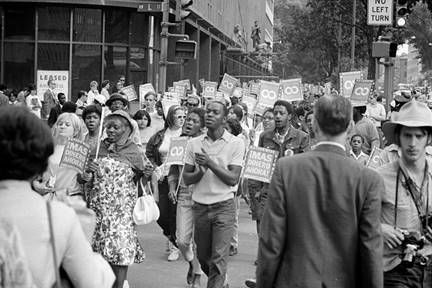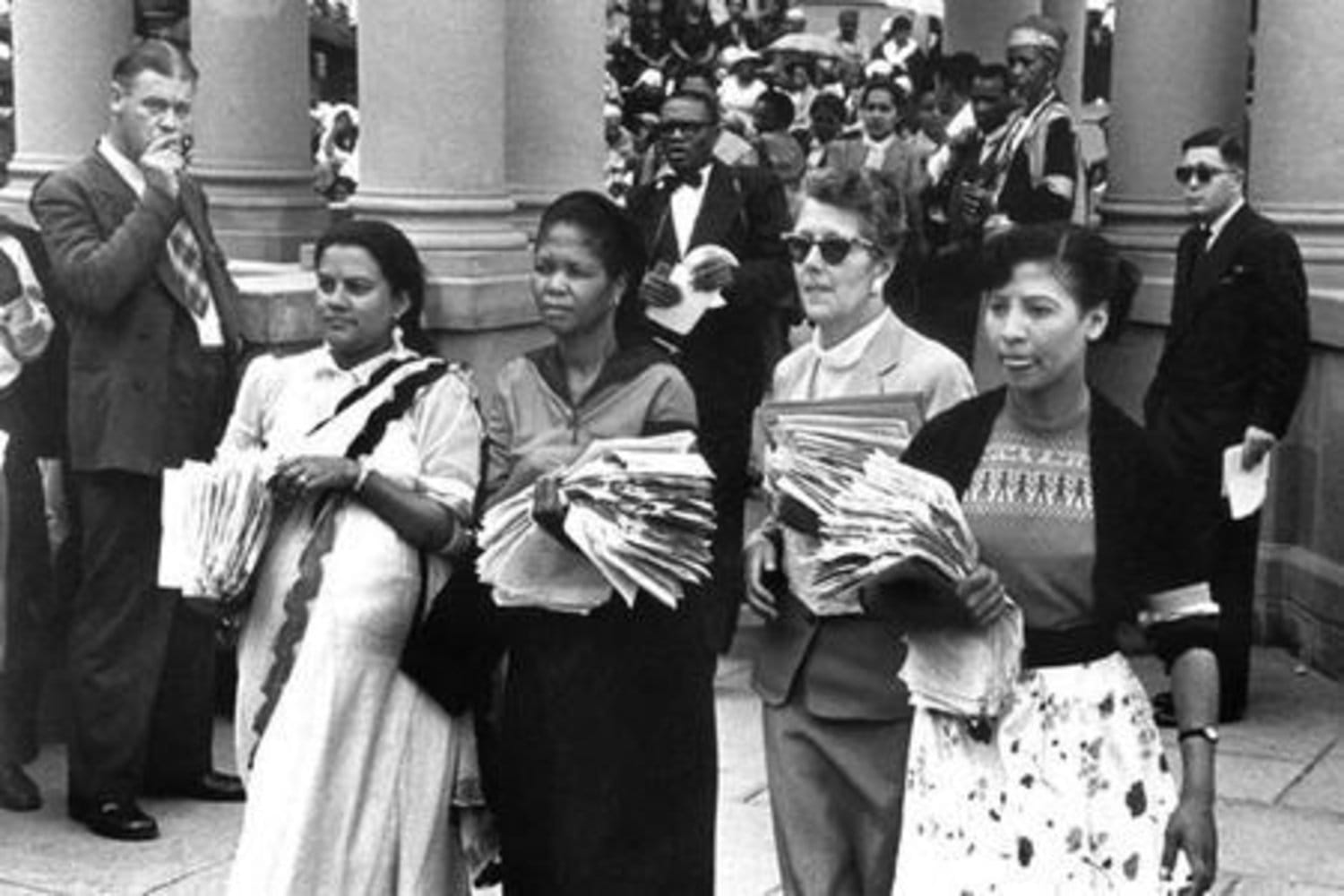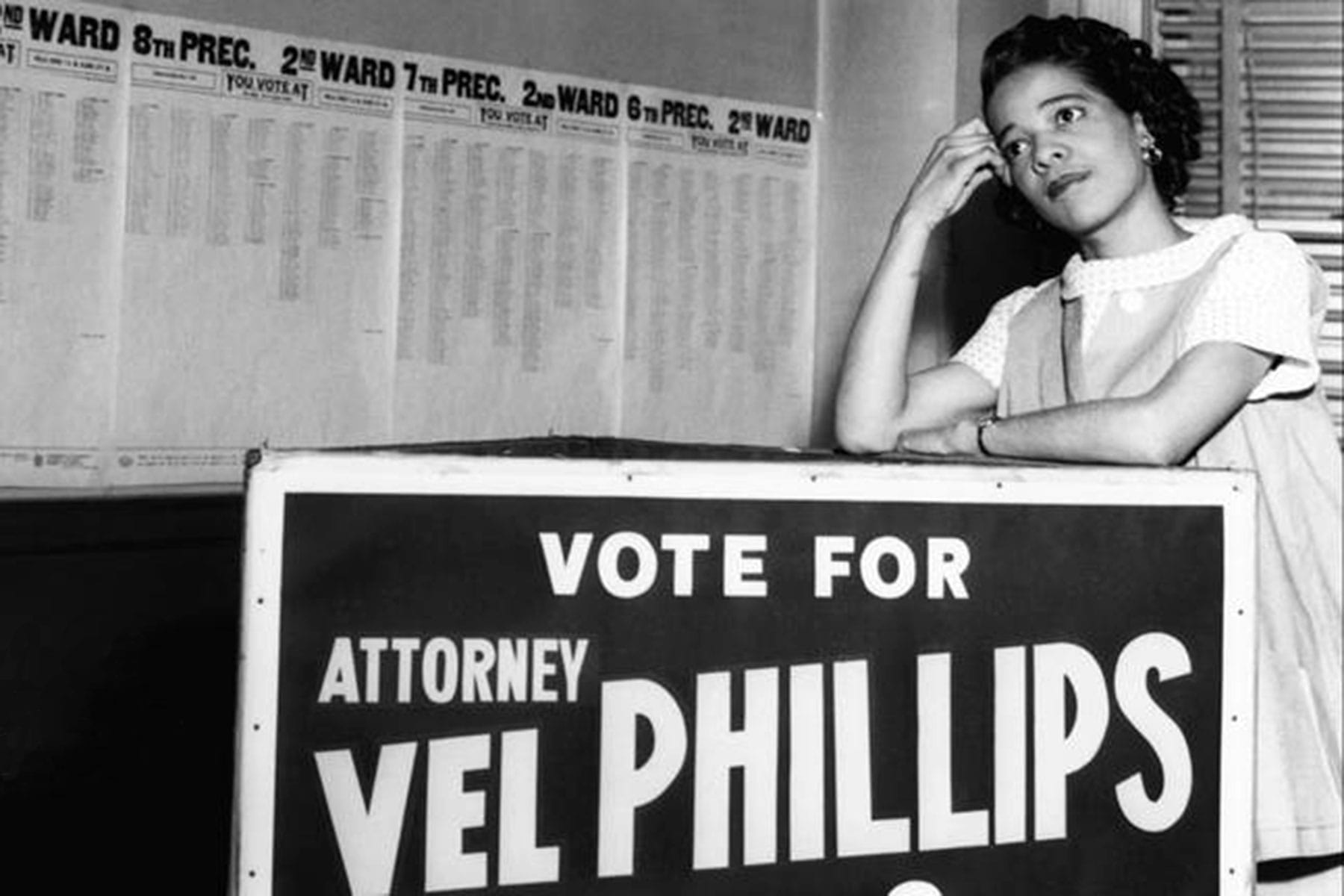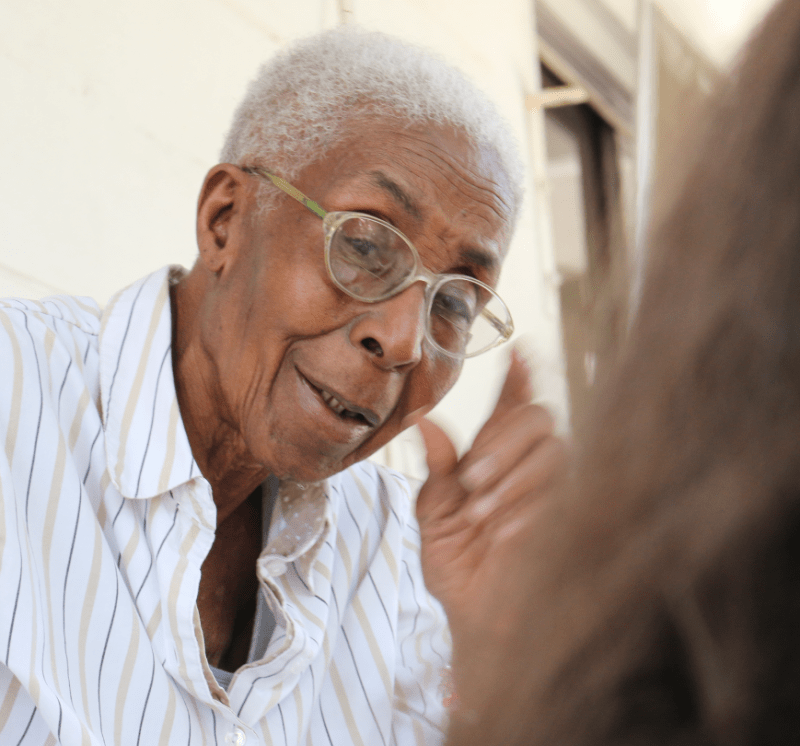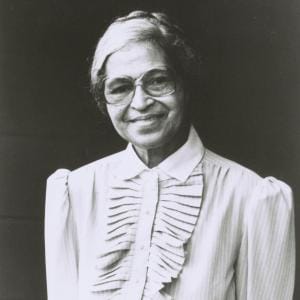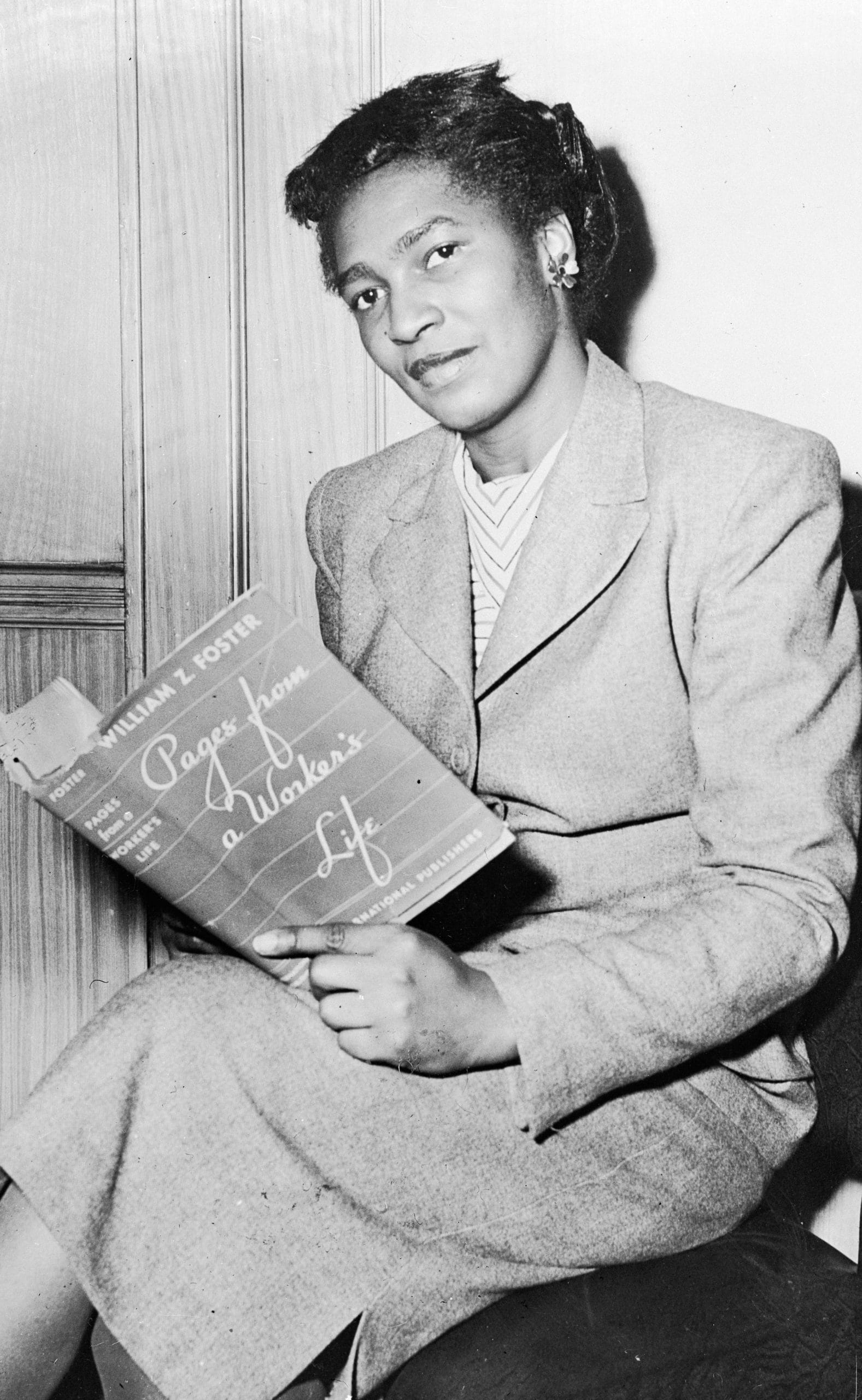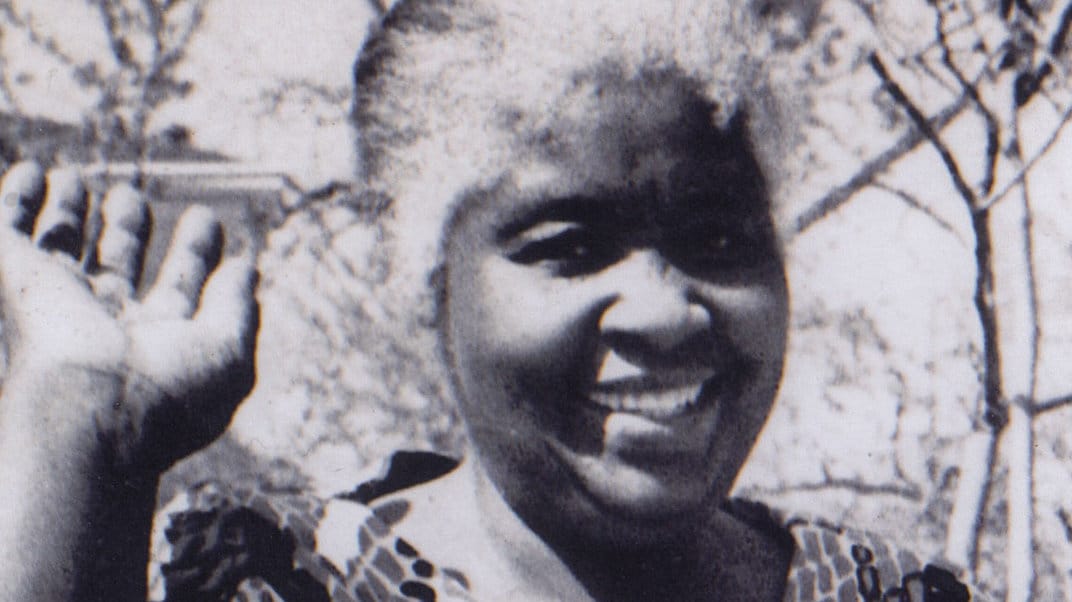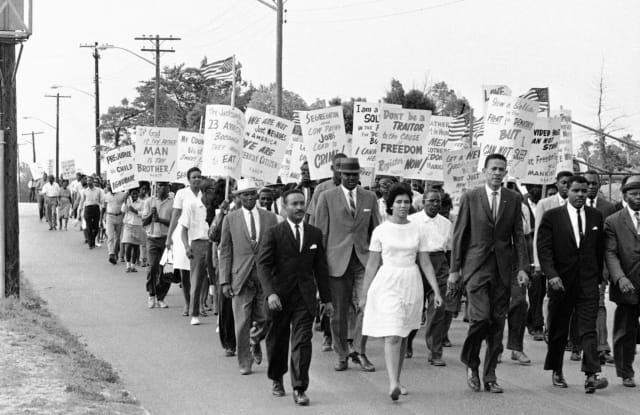The African independence movement was the effort to decolonize and liberate African countries that were being ruled by European states. While the movement spanned a century, 17 African countries gained independence in 1960 alone.
Author: developer
Contraceptive Access
In 1960, the Food and Drug Administration approved the birth control pill. However, it was not until 1965 in Griswold v. Connecticut that the Supreme Court ruled that married couples were authorized to use the birth-control pill. Additionally, it took a further seven years in Eisenstadt v. Baird for the Supreme Court to rule that unmarried couples can use the birth-control pill, too. In 1974, most states passed laws that allowed girls aged 17–18 to obtain birth control without parental consent. Each of these landmark victories are a testament to the power of feminist organizing.
Welfare Rights
In the early 1960s, welfare-rights activists began to organize against the politically motivated attacks on Black welfare recipients. Despite the fact that more white people were on welfare than Black people, Black single mothers were portrayed as “welfare queens” and as leeching off of the system. In 1966, the National Welfare Rights Organization (NWRO) was founded to fight for welfare rights and to challenge the negative portrayals of poor people.
Women’s March in Pretoria
On August 9, 1956, thousands of South African women from a variety of backgrounds marched to protest pass laws. According to South African History Online, “pass laws were a form of an internal passport system designed to segregate the population between Blacks from whites in South Africa, and thereby, severely limit the movements of the Black African populace, manage urbanization, and allot migrant labor.” The march, which involved approximately 20,000 people, played a critical role in allowing women to become visible participants of the anti-apartheid movement.
Vel Phillips
Vel Phillips (1924–2018) was an attorney, politician, jurist, and civil-rights activist. She was the first Black woman to graduate from the University of Wisconsin–Madison Law School. She was also the first Black woman to win a seat on Milwaukee’s City Council (1956), the first to become a judge in Wisconsin (1971), and the first to become Secretary of State of Wisconsin (1978).
Laura Mae Dixie
Laura Mae Dixie, also known as the Mother of the Movement, was an organizer of the Tallahassee Bus Boycott. According to Paul Ortiz, of Facing South: A Voice for the Changing South, “Dixie served as vice president of the Leon County National Association for the Advancement of Colored People, a board member of the Southern Christian Leadership Conference (SCLC), and was the founding president of the American Federation of State, County, and Municipal Employees (AFSCME) Local 2847.” During the 1956 Tallahassee Bus Boycott, “Dixie helped raise funds for carpools, provided transportation for people who needed rides to work, and exhorted her community to stay strong in spirit.”
Rosa Parks
Rosa Parks (1913–2005) was a civil-rights activist and secretary for the Montgomery chapter of the National Association for the Advancement of Colored People (NAACP). She is popularly known for refusing to surrender her seat on a segregated bus in Montgomery, Alabama—an act of defiance that sparked the onset of the Montgomery Bus Boycott. Parks also played a key role in investigating the rape and murder of Recy Taylor.
Claudia Jones
Claudia Jones (born Claudia Cumberbatch, 1915–1964) was a journalist, community leader, feminist, Black nationalist, and prominent member of the American Communist Party. Her family emigrated from Trinidad to New York City when she was eight years old. She became well-known for her involvement with both the civil-rights and women’s-rights movements. In 1955, she was arrested for giving a speech promoting peace and women’s rights, and was deported to England. In England, she founded the nation’s first Black newspaper, The West Indian Gazette, continued her work fighting racism and sexism, and founded the famous Notting Hill Carnival “to promote understanding between white Londoners and their Caribbean immigrant neighbors.” Her essay, “An End to the Neglect of the Problems of the Negro Woman” has become a cornerstone Black feminist text.
Georgia Gilmore
Georgia Gilmore (1920–1990) was a Black woman who, after being fired from the National Lunch Company due to how vocal she was about racism, set up a restaurant in her home. Through the Club from Nowhere, she and her friends sold food at boycott mass meetings and gave the proceeds to the Montgomery Improvement Association (MIA), which helped sustain the Montgomery Bus Boycott.
Civil-Rights Movement
The civil-rights movement, which took place largely during the 1950s and 1960s, was a fight for Black people to obtain equal rights under the law in the United States. During this time, activists employed a variety of tactics, such as orchestrating sit-ins, marches, and freedom rides to shed light on racial discrimination and the need for radical change. Key figures associated with the civil-rights movement include: Bayard Rustin, Martin Luther King, Jr., Rosa Parks, Claudette Colvin, and Thurgood Marshall. Key groups associated with the civil-rights movement include: the Little Rock Nine, the Congress of Racial Equality (CORE), the Student Nonviolent Coordinating Committee (SNCC), and the National Association for the Advancement of Colored People (NAACP). Due to the civil-rights movement, the following federal acts were passed: the Civil Rights Act of 1957, the Civil Rights Act of 1960, the Civil Rights Act of 1964, the Voting Rights Act of 1965, and the Civil Rights Act of 1968 (also known as the Fair Housing Act).
